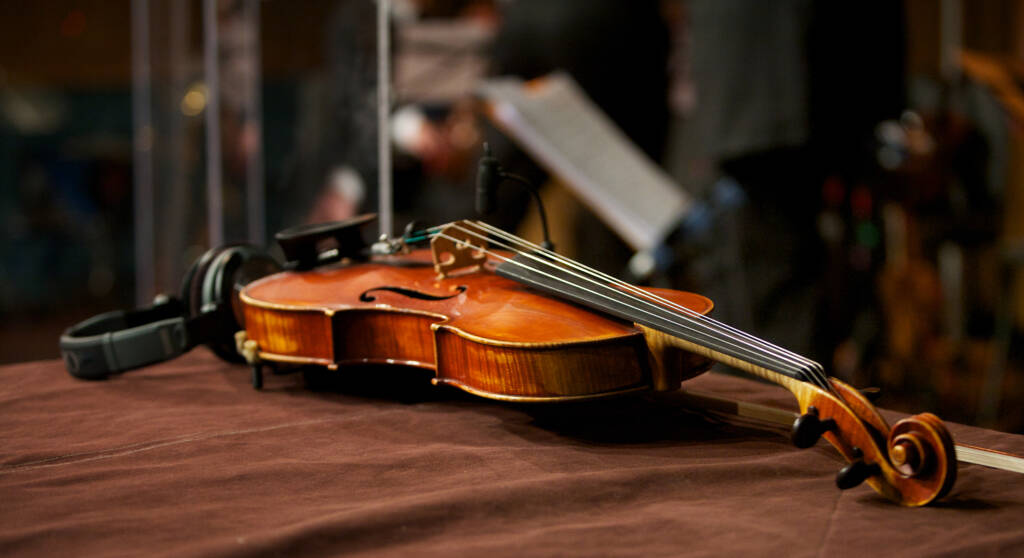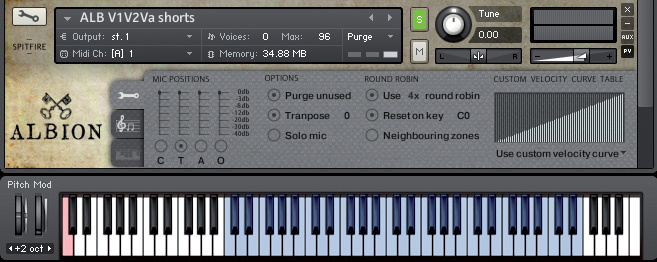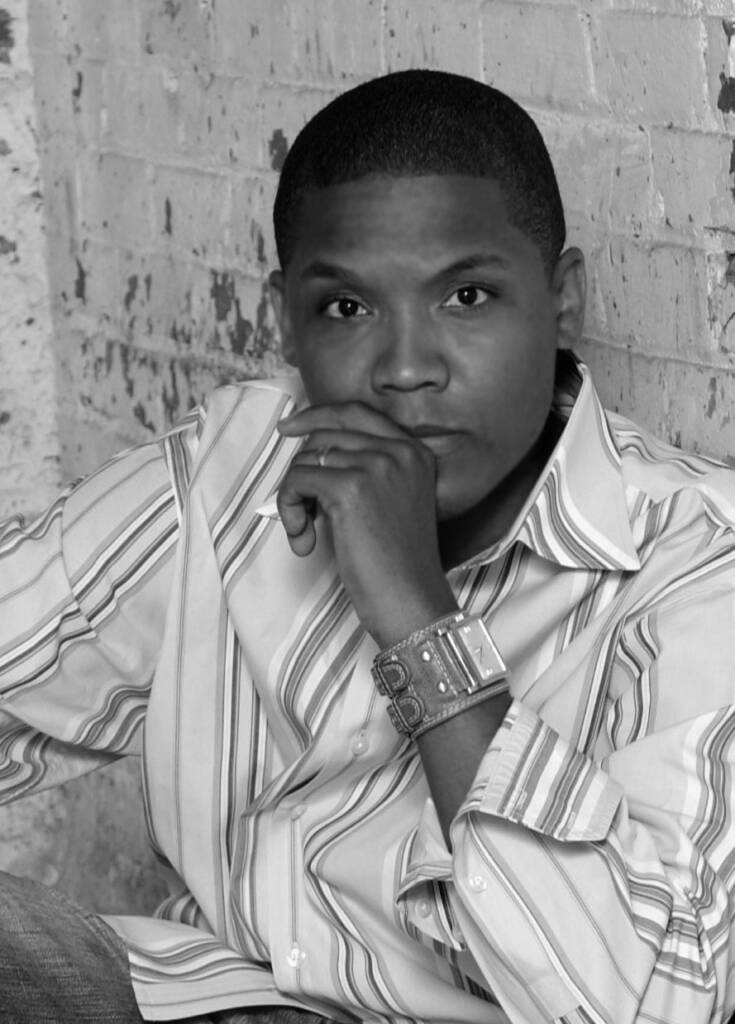The origin of music in films dates back to the era of silent movies, where live music was played alongside the film as a way to enhance the viewing experience. Today, music is a fundamental aspect of filmmaking, with innovative composers creating masterpieces that invoke emotions and transport audiences into the cinematic world. This fascinating journey from then to now showcases how musical scores have evolved and become an integral part of the film industry.
Silent Film Beginnings
In the early years, piano or organ accompaniment served as a soundtrack for silent films. Often improvised on the spot, these musicians added emotion and drama to match the action unfolding on screen. As technology advanced and larger theaters emerged, full orchestras were occasionally used to create a more captivating atmosphere.
The Advent of Sound
The Roaring Twenties marked a turning point for cinema, as synchronized sound allowed dialogue and recorded music to become an essential part of movies. The Jazz Singer (1927) is often credited as being the first “talking film,” shifting the paradigm from silent films to “talkies.” Music in film now had more purpose and functionality such as setting moods, establishing characters, and providing transitions.
Golden Age of Film Scores
The 1930s through the 1950s brought forth iconic compositions which still resonate with audiences today. The works of Max Steiner (Gone with the Wind), Erich Korngold (The Adventures of Robin Hood), and Bernard Herrmann (Psycho) are just a few examples of composers who not only created memorable scores but also significantly contributed to filmmaking during Hollywood’s Golden Age.
Experimental Era
With new forms of artistic expression making their way into cinema in the 1960s and ’70s, experimental film scores emerged. Movies like A Clockwork Orange utilized electronically synthesized music, while others like Easy Rider incorporated popular rock songs as part of the soundtrack. This focus on diversifying soundscapes paved the way for innovative scoring techniques.
Modern Soundtracks
Today, music in film spans a wide array of genres and styles, catering to diverse tastes and storytelling techniques. Iconic composers such as John Williams (Star Wars), Hans Zimmer (Inception), and Danny Elfman (Edward Scissorhands) have crafted unforgettable soundscapes that have become synonymous with their respective films.
Conclusion
The evolution of music in film exemplifies how art and technology have continuously intertwined, fostering growth and innovation. From its humble beginnings in silent films to the tailored audio experiences of modern cinema, music remains an integral component that breathes life into cinematic storytelling. As we look forward to the future of filmmaking, one can only anticipate what new heights will be reached by these evolving musical collaborations.




